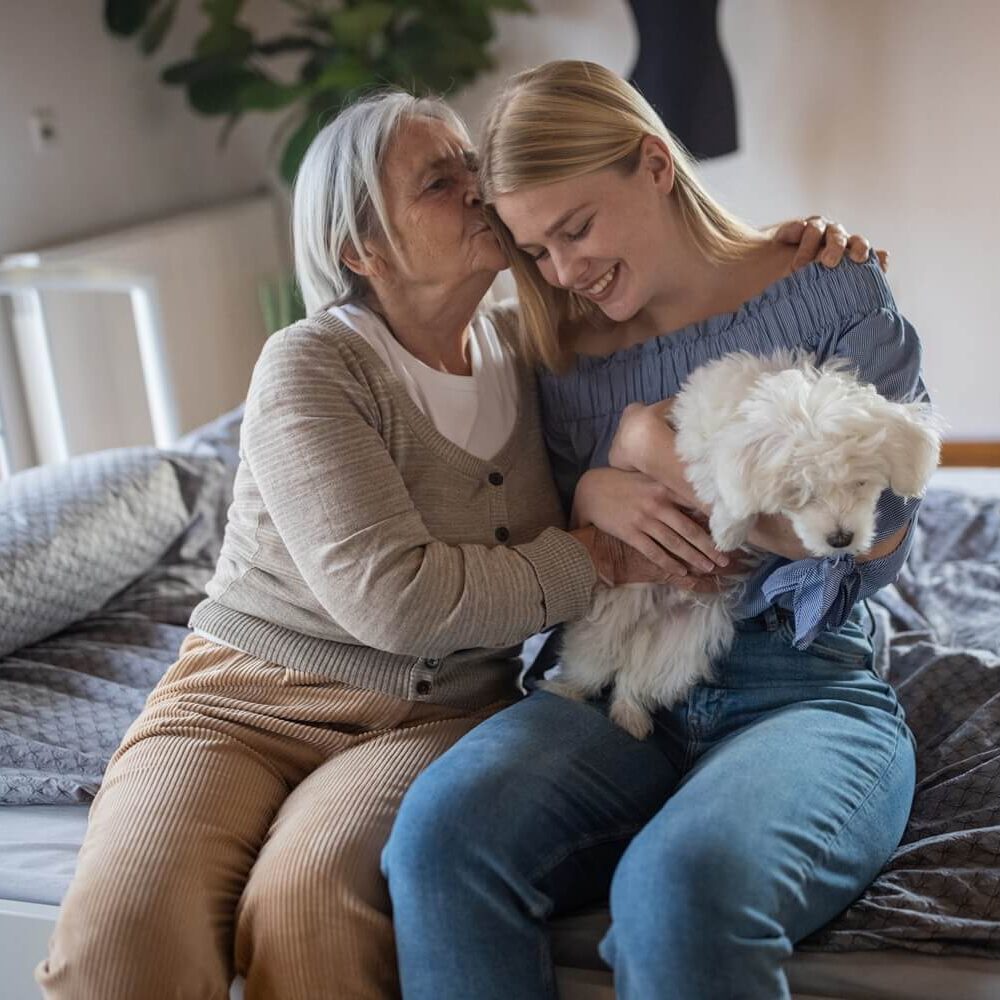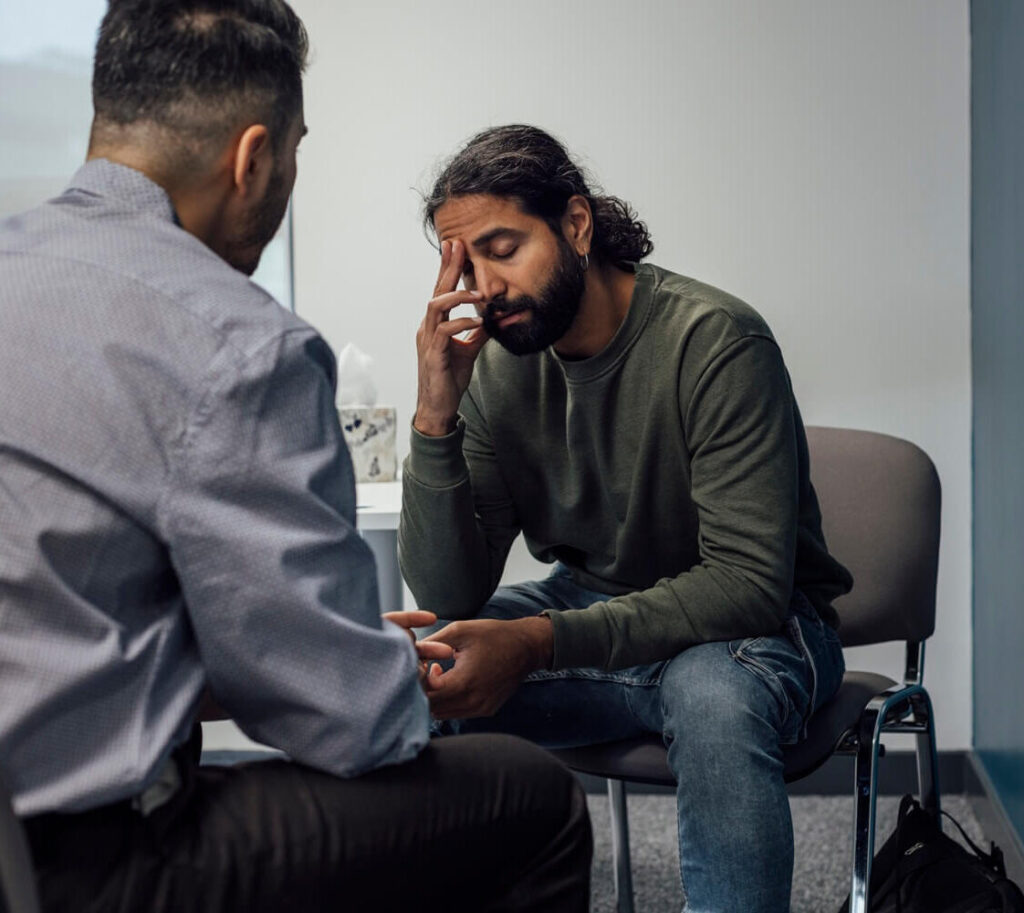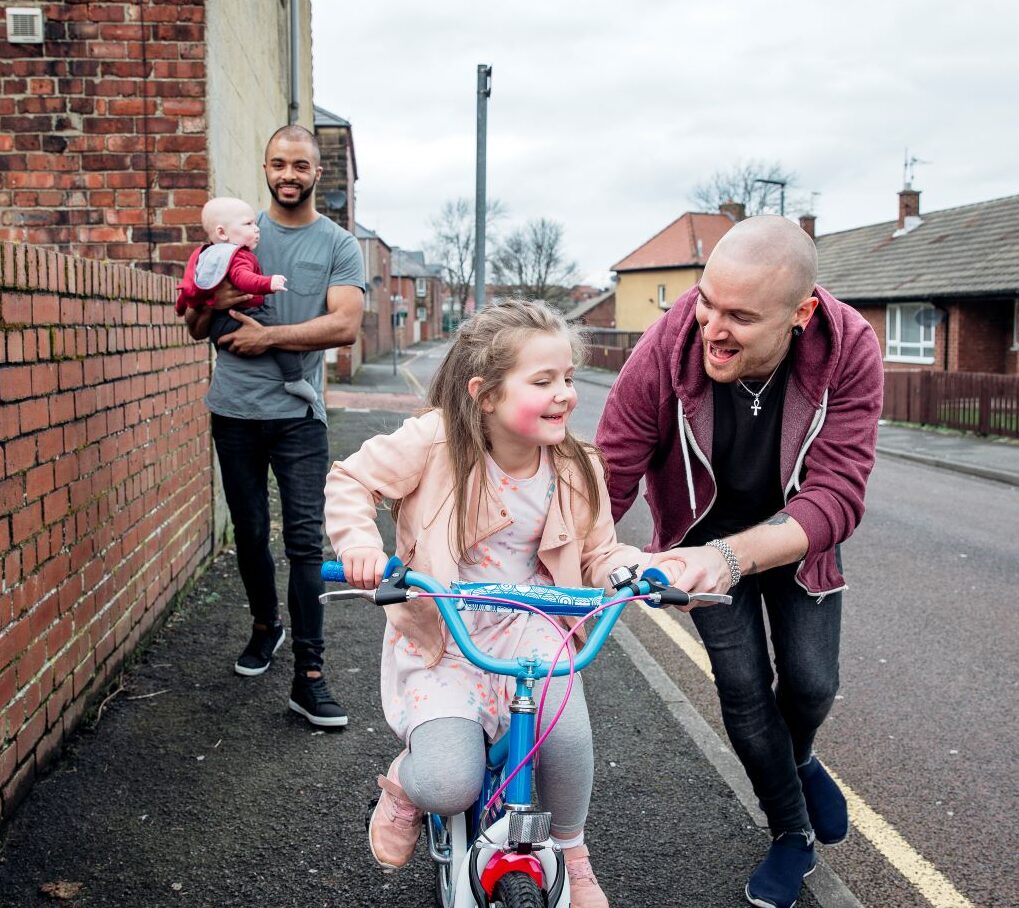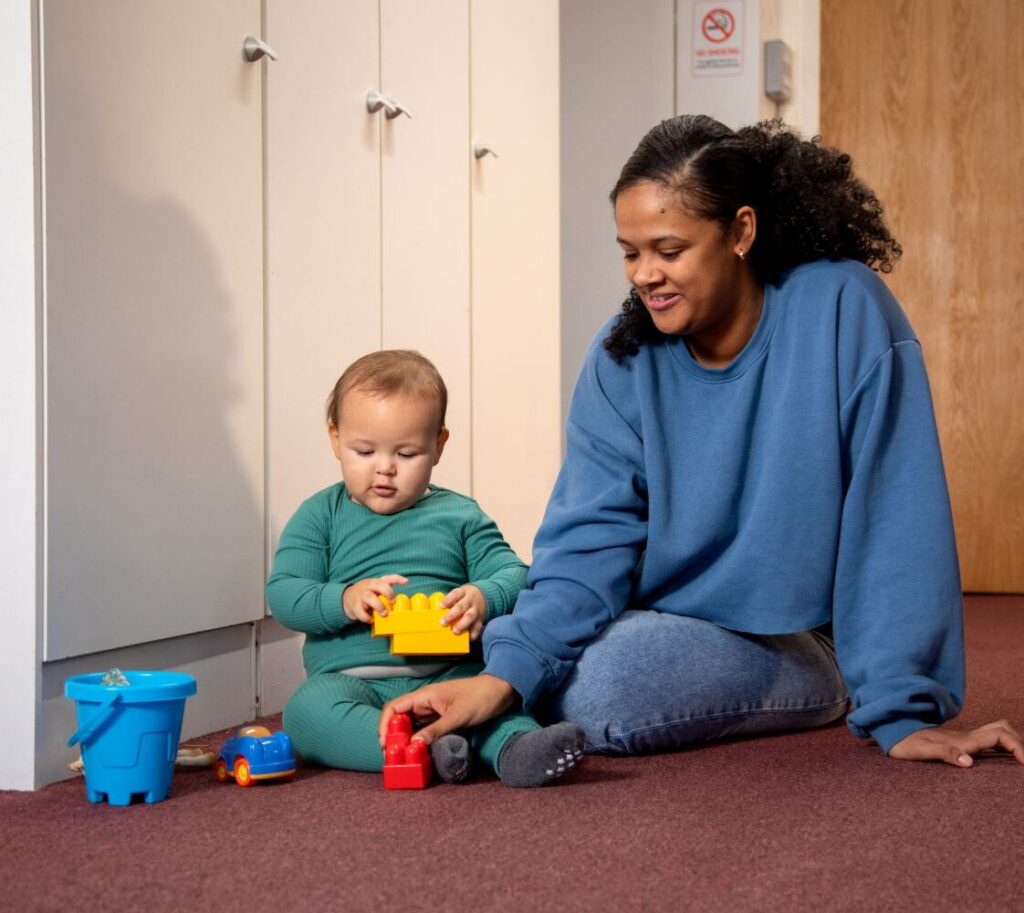If you’re looking into adoption or special guardianship and you have little or prior knowledge, you’ll likely hear some terms and abbreviations you aren’t familiar with. Our special guardianship and adoption glossary contains lots of these words and phrases, along with definitions that are written in plain English.
Adopted person/child: A child or adult who has been legally adopted and is no longer under the parental responsibility of their birth parents (see also Parental responsibility below).
Adoption agency medical advisor: A doctor who reviews health information about prospective adopters to ensure they’re physically and mentally in a position to care for a child long-term.
Adoption and Special Guardianship Support Fund (ASGSF): A government fund that helps pay for therapeutic support for children and families involved in adoption or special guardianship. For more information, see our article Adoption and special guardianship support fund: what it is and how to get it.
Adoption order: A legal document issued by a court that makes a child a permanent member of their adoptive family and transfers legal rights and responsibilities from the birth parents.
Adoption panel: A group of professionals with expertise in adoption who review applications from prospective adopters. They don’t make the final decision as to whether prospective adopters are suitable candidates to adopt – instead, they make recommendations to the Agency Decision Maker at the adoption agency. If approved, the next step for prospective adopters is to be matched with a child (see also Matching panel below).
Adoptive parent: This term describes an adult who becomes the legal parent of a child through adoption. Adoptive parents have parental responsibility for the child (see Parental responsibility below).
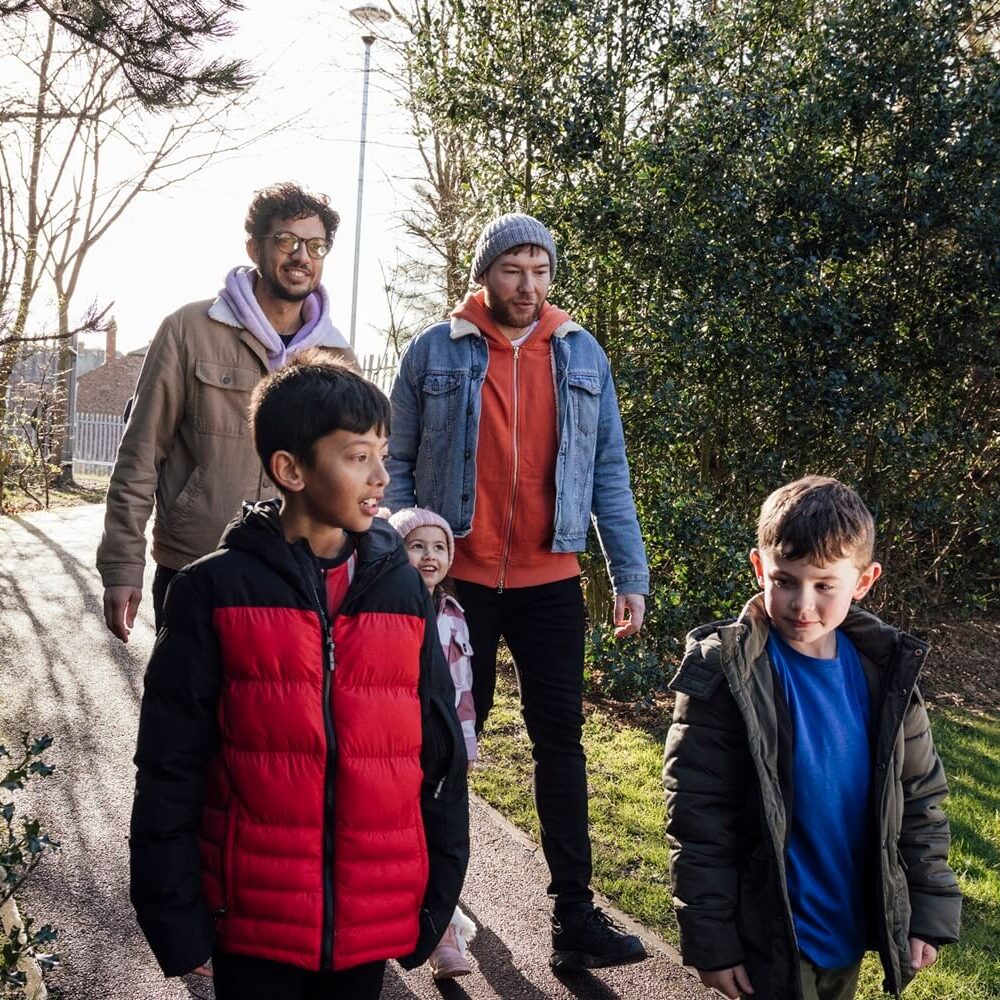
Birth family: The child’s biological family, including birth parents, siblings, grandparents, aunts and uncles. This term is most commonly used in government policy, but terms families might prefer include ‘first family’, ‘biological family’ and ‘natural family’.
Birth parent: A child’s biological mother or father.
Care experienced: A term used to describe someone who has spent time in the care system, in foster care, residential care, or adoption.
Child looked after (CLA): Also known as a ‘child in care’ (CIC), this term refers to a child who has been in the care of the local authority for more than 24 hours. CLA is now preferred to the previously used ‘looked after child’ (LAC).
Contact (direct and indirect): This describes the ways a child might stay in touch with their birth family. Direct contact involves face-to-face visits or phone calls and is also known as family time. Indirect contact includes letters, emails, or messages sent through an agency. The child’s needs and feelings dictate how much and what kind of contact they have with their birth family.
Early permanence: Also known as ‘foster to adopt’ or ‘fostering for adoption’, this is a system that places a child with potential adopters while decisions about their future are still being made. This helps reduce the number of moves the child experiences and often means prospective adopters act as foster carers initially.
Fair access limit (FAL): The maximum amount of funding available per child from the ASGSF (see Adoption and Special Guardianship Support Fund (ASGSF) above) before additional approval is needed. For more on this, read our article Adoption and special guardianship support fund: what it is and how to get it.
Foster carer: Foster carers look after children and young people if their birth parents are unable to. This might be short term, while a child is adopted, or longer term until the child becomes an adult (if they’re not being adopted). Foster carers don’t have parental responsibility for a child (see Parental responsibility below).
Independent reviewing officer (IRO): An IRO is a social worker who oversees the care plans of children in care or living in foster care. Their job is to make sure their needs are being met and their rights are protected.
Kinship carer: A kinship carer is a relative or close family friend who takes care of a child if they’re not able to live with their parents. Kinship carers are often grandparents, aunts and uncles, siblings, step-family or other adults who aren’t related to the child but know them very well, such as family friends or previous foster carers. Kinship care is a general term used to describe different types of care which come with different rights and responsibilities.
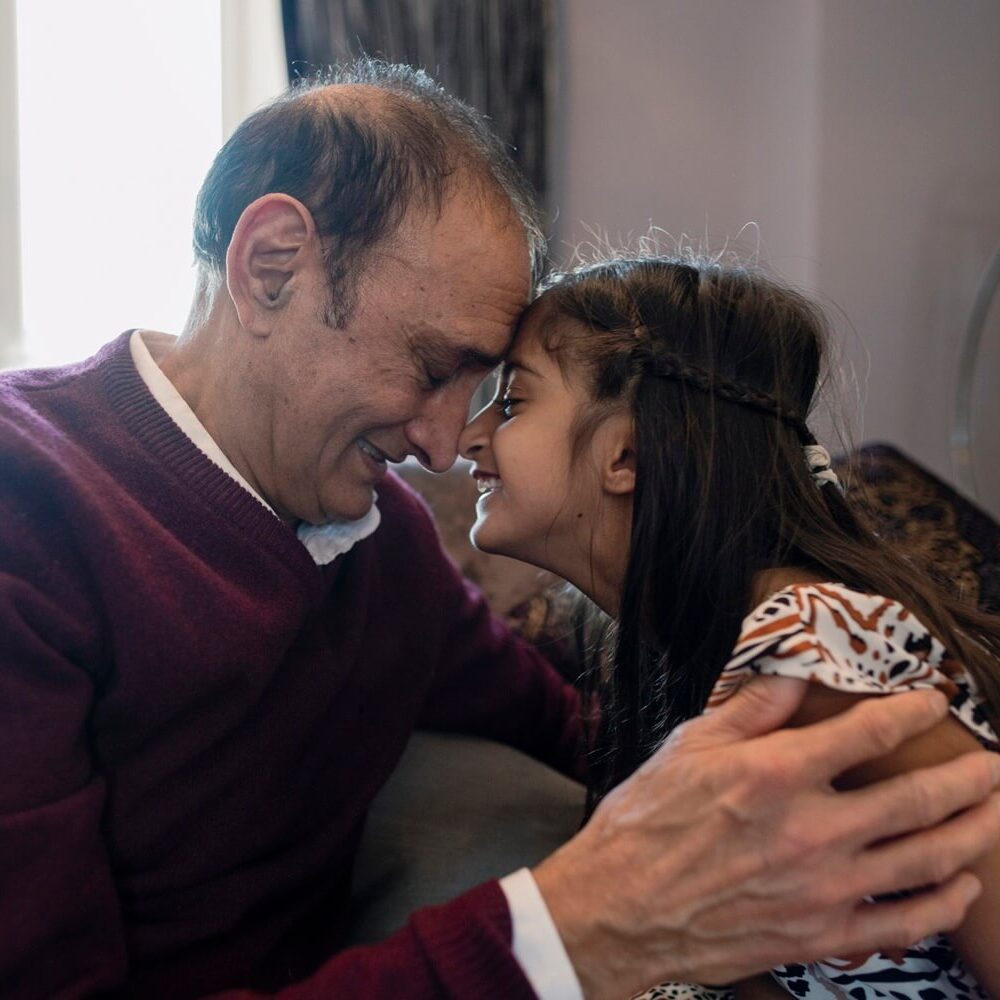
Life story work: Activities and materials that help a child understand their personal history and identity, including why they were adopted or placed in care. It’s a therapeutic process that supports adopted individuals or those in care in developing a healthy self-image, working through challenging past experiences, and strengthening their sense of identity.
Local authority: The local authority is the council responsible for providing services such as education, social care and adoption services, transport, housing and planning.
Matching panel: A matching panel is a group that’s involved in the adoption process. Their job is to evaluate whether a child and potential adoptive parents are a suitable match. They review detailed reports, ask questions about the child’s needs and consider the adopters’ ability to meet those needs. They then give a recommendation to the Agency Decision Maker, who ultimately decides whether to approve or reject the placement.
Non-agency application: A non-agency adoption is when a child is adopted without being placed by a registered adoption agency or local authority. In these cases, the child is already known to the adopter, and the arrangement happens outside the formal agency system. A common example is when a step parent adopts their partner’s child.
Parental responsibility: Also sometimes known as parental rights. This refers to the legal rights and duties a parent has in relation to their child, including decisions about education, health, and welfare. In England and Wales, all birth mothers have parental responsibility, and fathers usually do if they’re married to the birth mother or named on the child’s birth certificate. For more information, including the rules for unmarried fathers, same-sex parents, and in Scotland and Northern Ireland, see the GOV.UK page on Parental rights and responsibilities.
Permanence planning: The process of deciding the long-term care arrangements for a child who is unable to stay with their birth parents. This might be adoption, special guardianship, or long-term fostering. The child’s needs and feelings are an important part of the process.
Placement order: A court order that allows a child to be placed with prospective adopters before an adoption order is made. A placement order is generally needed if the child’s birth parents haven’t consented to the adoption, or they’re unable to care for the child.
PLO (Public Law Outline): This is a legal process followed in England and Wales when a local authority has serious concerns about a child’s safety or wellbeing and is considering applying to the court for a Care Order or Supervision Order. It plays a key role in adoption cases where care proceedings might result in a plan for adoption.

Post-adoption support: This is help that’s available to adoptive families after the adoption is complete. It might come from the local authority, regional adoption agency or charities, and may include counselling, therapy, or advice.
Post-order support team: This team provides support and advice to special guardians, including arranging support groups and completing ‘needs assessments’ which are required to make funding applications to the ASGSF (see Adoption and Special Guardianship Support Fund (ASGSF) above). Depending on the local authority, this might be known as the SGO support team or kinship support team.
Previously looked after child: A child who was once in care but is now living with a family permanently through adoption, special guardianship, or a child arrangements order (this is a court order that determines who – usually which parent – a child lives with, spends time with, or has contact with).
Section 20 accommodation: This is so called because it refers to local authorities providing accommodation for a child or young person under Section 20 of the Children Act 1989 in England. It’s a voluntary agreement where a parent allows the local authority to care for their child temporarily.
Section 26 contact order: This gives the court the authority to require that the person the child is living with (or will live with) must allow contact between the child and a specific individual – such as a birth parent, sibling, or grandparent – while adoption proceedings are happening.
Special guardianship order (SGO): A legal order that gives an adult (usually a relative, family friend or foster carer) parental responsibility for a child until they turn 18. The birth parents keep some legal rights.
More information
If you need more information or support on any aspect of adoption or special guardianship, contact our free and confidential PAC-UK Advice Line via phone (0300 1800 090) or email [email protected].
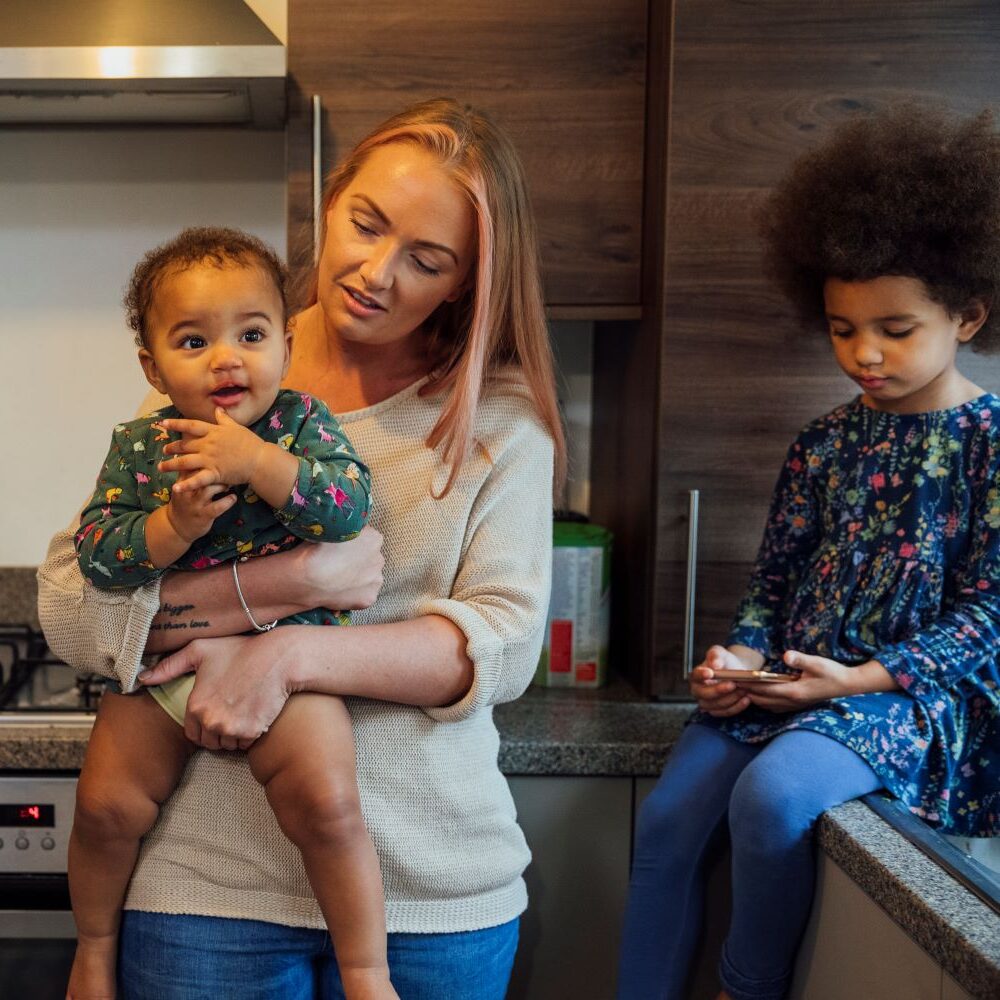
Call, text, email or web chat FamilyLine
If you’re feeling overwhelmed, worried or upset about any aspect of your family life, FamilyLine is here for you. We offer free emotional support and guidance on family relationships, conflict, parenting, caring, financial worries and more.
Contact FamilyLine